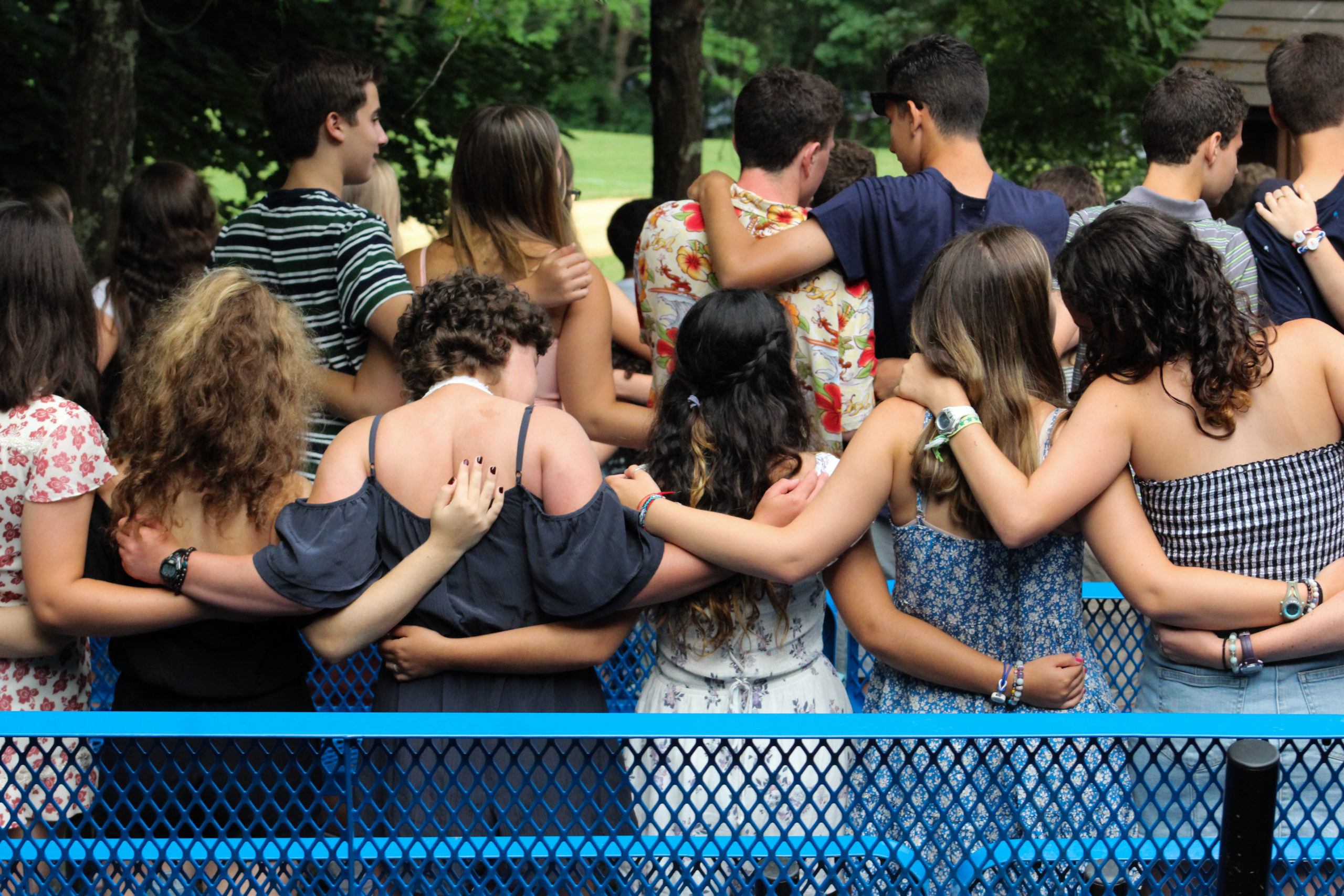Resources for Teens and Parents
Teens have already been faced with many moments of loss during this pandemic. Cancellations of school, sports, trips, banquets, graduations, proms, confirmation and more. At a time in teen’s lives when friends are most important, we are trying to find connection online if we are finding it at all. This will be one more loss in a stressful time.
Parents, it is hard to witness the sadness and frustration that your teens may be feeling. We want to help them and fix what is hurting them, and yet sadly, we cannot. Below are some things that adults can do.
Acknowledge losses. We know there are many tragedies facing families across the world right now and yet these are still very real losses for teens. Acknowledge that this is a grieving process for your teen and validate the emotions that they are experiencing.
Some statements that might be helpful are:
- “I imagine that you are feeling really sad and angry right now. I know you may not want to talk about it, but I am here for you when and if you do want to talk.”
- “I know you may want to talk with your friends now but let me know if you want to chat with me later.”
- “I wish I had the right words right now, just know I care and am here.”
It is important to remember that teens often need time and space to fully engage in a conversation after receiving difficult information. It is also important to note that peer relationships are very important during the high school years, and teens may want to talk with their friends before they talk with parents. You can help support their NFTY friendships – in the time they need them most – by suggesting they connect with their friends to talk about what they are feeling.
Recognize feelings. Remember that your tone can help assure teens that they are safe to share their feelings.
- “It is normal to be upset and experience a lot of emotions around this news. I’m here to talk about it anytime you need.”
- “I know how much you were looking forward to _____.
- “Since the pandemic started, it feels like each day brings a new frustration or disappointment.”
- “I totally get why you are feeling _____.”
Learn about grief. While we usually think about stages of grief as associated with death and dying, (which is sadly relevant as we know people are losing family members and friends due to COVID-19), the process associated with these losses still involve grieving. Elisabeth Kubler-Ross and David Kessler describe 5 responses to loss. We used to think of them as stages of grief, but many recognize that everyone experiences loss differently. These stages might help to identify what teens are feeling.
Additional Helpful Resources
- COVID-19 Resource Guide: The Jed Foundation shares resources for dealing with sudden changes to their regular schedules and feelings of uncertainty and anxiety, and even loss and grief, because of COVID-19. They also have a crisis hotline and text line.
- Supporting Families During COVID-19: The Child Mind Institute shares supportive and comprehensive resources for parents on several coronavirus-related topics.
- Collective Compassion: Your Mental Health Awareness Month Resource: This May, the Jewish community joins the annual national movement to raise awareness for mental health and wellbeing. This site offers events and experiences designed to support all aspects of wellness: mind, body, spirit.
- Judaism Under Quarantine.org shares ideas for experimenting with and embracing your Judaism from home during these times of physical distancing.
- How to Be Your Best Self in Times of Crisis: Psychologist Susan David shares wisdom on how to build resilience, courage, and joy during the coronavirus pandemic.
- Emotional Regulation Worksheets: A Coping Skill Activity: This worksheet and calming technique can help you focus on the present rather than overthinking about the past or future.
Because we know that some people are experiencing mental health crises during this time:
Teen Lifeline: 800-248-8336. This website also has resources on warning signs and helping a teen in crisis.
Crisis Text Line: Text HOME to 741741 to connect with a crisis counselor.
National Suicide Prevention Lifeline: 1-800-273-8255
The National Suicide Prevention Lifeline is a national network of local crisis centers that provides free and confidential emotional support to people in suicidal crisis or emotional distress 24 hours a day, 7 days a week.
The Trevor Project: LGBTQ youth may be particularly vulnerable to negative mental health impacts associated with the COVID-19 pandemic. The Trevor Lifeline offers trained counselors to support you 24/7. Call 1-866-488-1386 or text START to 678678.
NAMI: The National Alliance on Mental Illness is the nation’s largest grassroots mental health organization dedicated to building better lives for the millions of Americans affected by mental illness.





